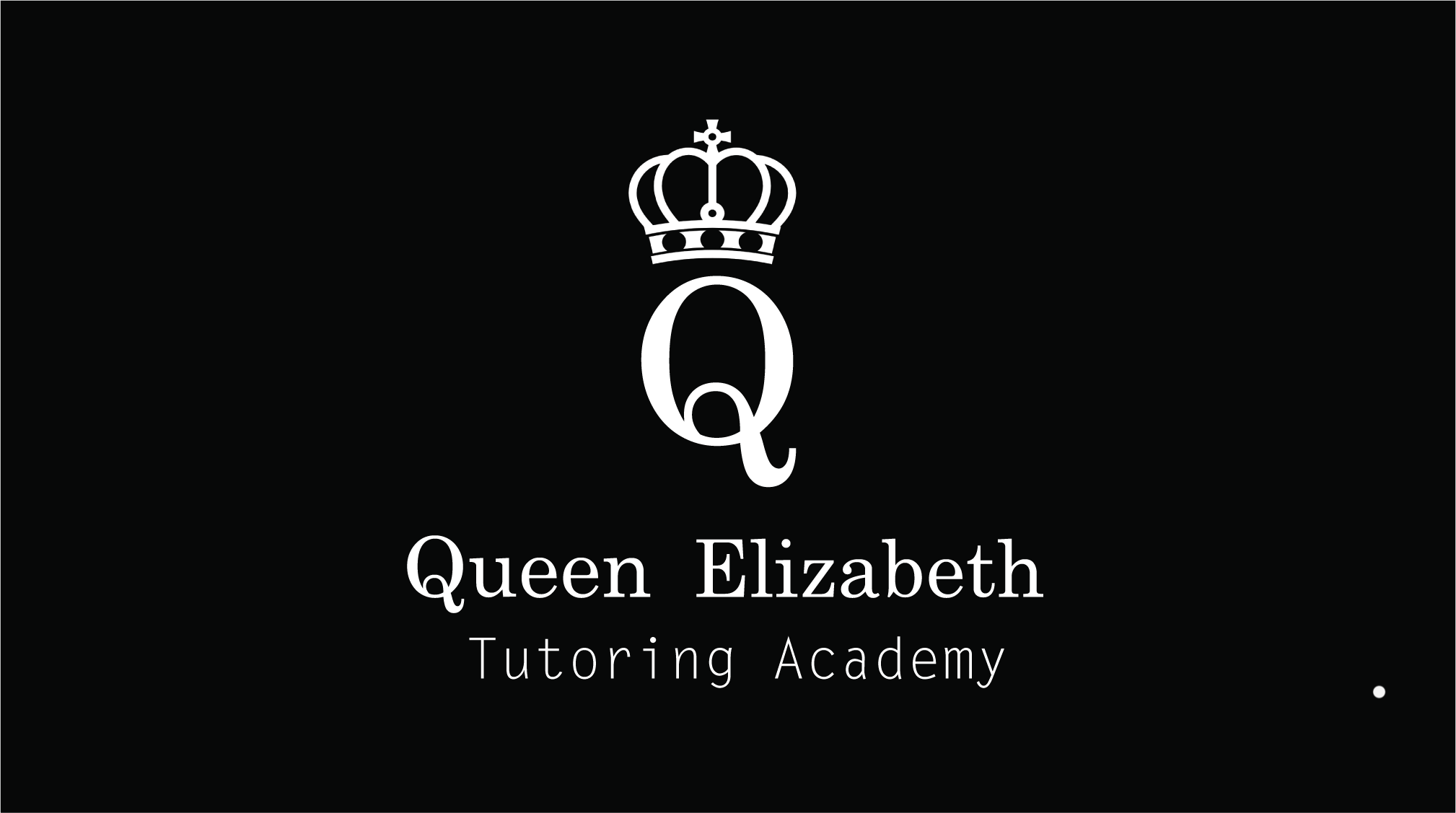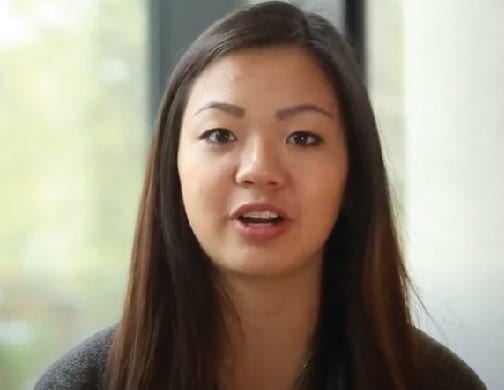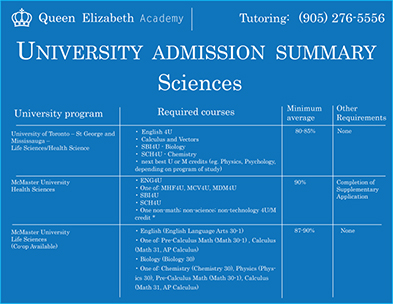Welcome to Queen Elizabeth Academy, providing SCH4U Course Grade 12 Chemistry Course and Tutoring, for you to excel at grade 12 Chemistry. Our course instructors and tutors have deep experience in SCH4U Chemistry Grade 12, for you to understand the concepts and be able to tackle application / thinking problems, which many students lose their marks.
- History of the Atomic Model
- Quantum Mechanical Model
- Quantum Numbers
- Electron Configurations
- Lewis Dot Diagrams
- VSEPR
- Intramolecular Forces
- Crystal Types
- Hybridization of Carbon
- Hydrocarbons
- Functional Groups
- Polymers
- Energy Changes in Chemical & Nuclear Reactions
- Calorimetry & Enthalpy
- Hess’s Law
- Enthalpies of Formation
- Reaction Rates
- Explaining Reaction Rate & Reaction Mechanisms
- Rate Law
- Chemical Equilbrium
- Ke Calculations
- Le Chatelier's Principle
- Quantitative Changes in Equil Systems
- Ksp Calculations
- The Nature of Acid- Base Equilibria
- Strong & Weak A and B (pH calculations)
- Calculating pH given Ka or Kb
- Titrations
- Buffers
- Balancing Redox Reactions
- Galvanic Cell
- Oxidation Numbers
- Redox and Oxidation Numbers









































